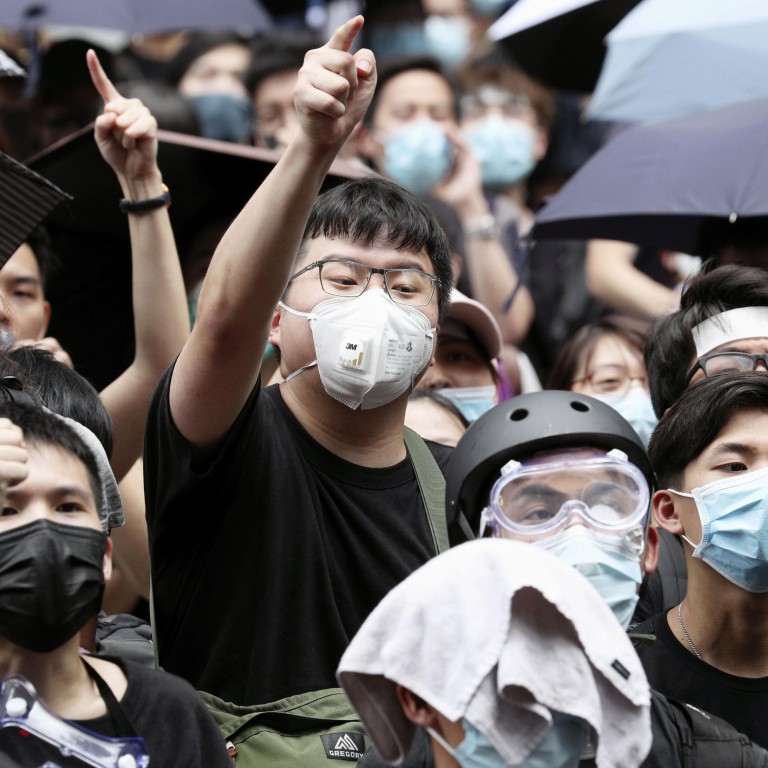
After Hong Kong’s protests, cooler heads must prevail on both sides
- It should be a warning for China boosters in Southeast Asia: the so-called ‘Beijing Consensus’ is not infallible
- It could also serve as a powerful reminder to the leaders and populations of Southeast Asia: these liberties are worth defending
English is not Clara’s first language – she’s more at ease with Cantonese – but she speaks with a fluency and passion belying her age. It’s as if a spigot is suddenly turned on, the words gushing out of her.
“We aren’t mainlanders,” she insists. “We’re Hongkongers.”
For Clara, that is a self-evident, undeniable truth, final and non-negotiable.
For the Chinese government in Beijing, though, such views are anathema. Beijing regards Hong Kong as an integral part of China. Yet Clara sees proof of Hong Kong’s separateness everywhere.
“We are very civilised and disciplined,” she says. “For example, even though we were protesting, we respected public order.”
“In 2014, we fought for rights that we were already supposed to have,” Clara says. “These recent protests are more to uphold our original way of living. It has only been 22 years since the British left and they [the Chinese government] already want to take away our rights.”
These anxieties are widely shared by the participants in this new Hong Kong protest movement, which has no clearly identifiable leader, unlike the 2014 Occupy/Umbrella demonstrations that galvanised around Joshua Wong.
Scoffing in Singapore, praise in Philippines: Asia’s take on Hong Kong protests
Hongkongers’ willingness to stand up for these liberties could also serve as a powerful reminder to the leaders and populations of Southeast Asia: these things are worth defending.
It should also be a warning for China boosters in Southeast Asia: the so-called “Beijing Consensus” is not infallible or without its pitfalls. It is certainly not our destiny.

Xi’s perceived invincibility has undoubtedly been dealt a blow. It wasn’t so long ago some were hailing him as “Emperor Xi”. China’s travails in the ongoing trade war with the US have also dented his reputation.
The view from Singapore: Hong Kong is a city tearing itself apart
A nascent internal opposition is allegedly coalescing around those who support the late Deng Xiaoping’s more guarded approach to geopolitics and diplomacy.
Xi will need to respond accordingly. With that in mind, the Hong Kong demonstrators are hopefully willing to show Beijing some “face”.

For the young Hongkongers like Clara who took to the streets, their zeal and idealism must be augmented with realism and pragmatism. The indefinite postponement of the extradition bill means they have arguably “won” their first “battle”. However, winning the peace with dignity will require wisdom and tact.
Does either group have the imagination and flexibility? Cooler heads must prevail on both sides. We certainly hope and pray they do.

